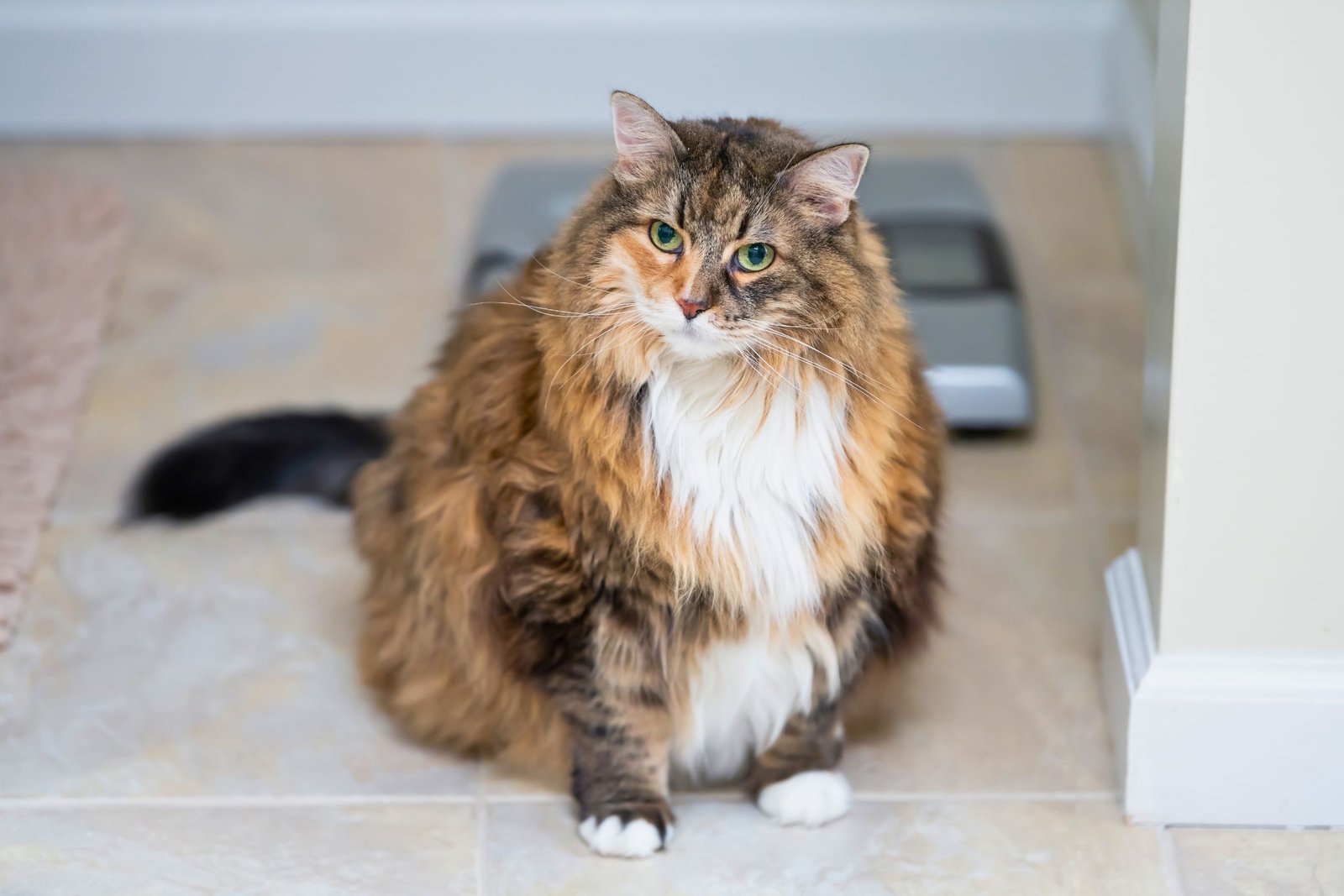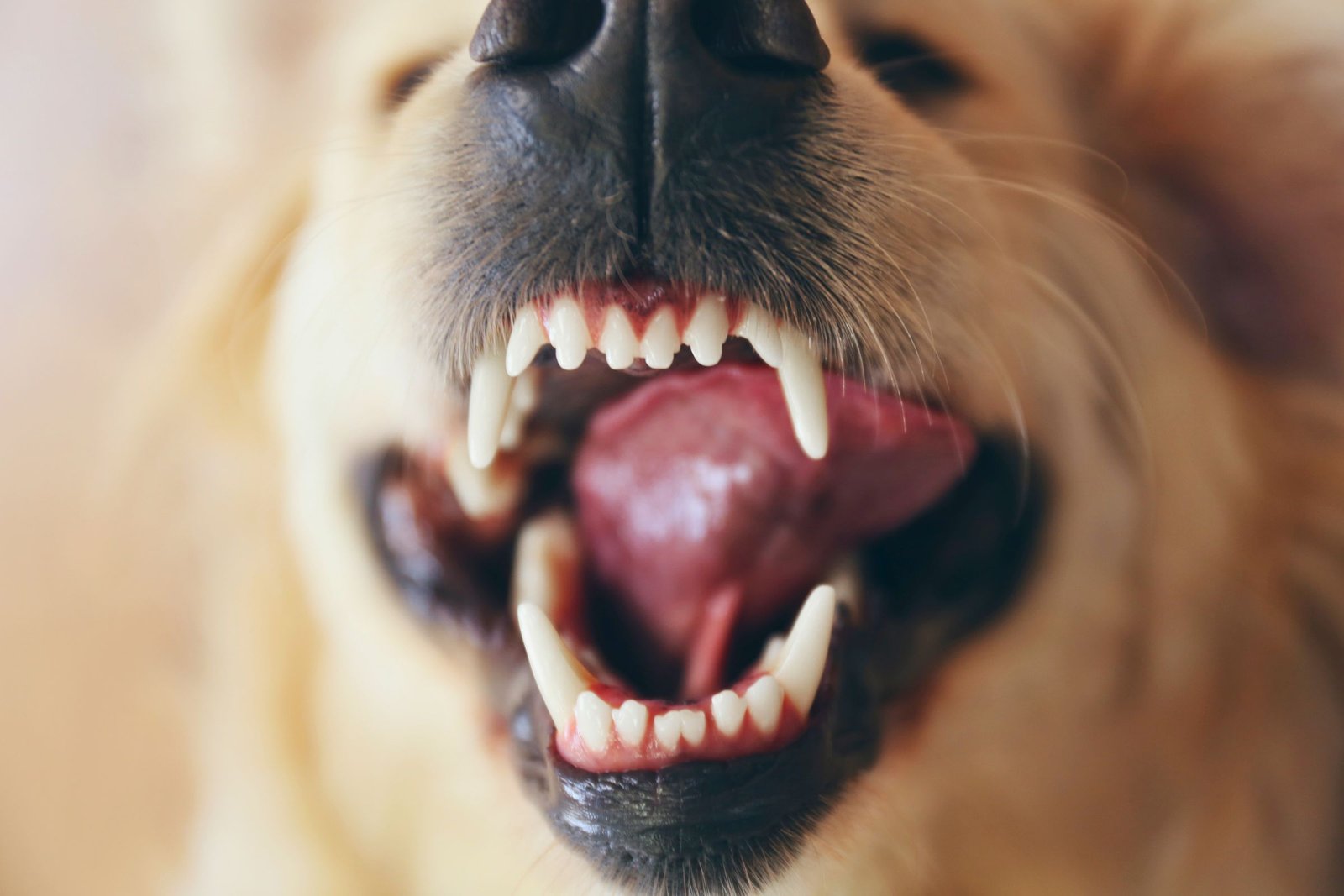Decreased Quality of Life: The Weighty Consequences for Feline Well-being
The charm of a chubby cat may be hard to resist, but behind the adorable exterior lies a potential decrease in the quality of life for our feline friends. The consequences of obesity extend beyond the physical, impacting a cat’s overall vitality, mobility, and, ultimately, their happiness.
Limited Mobility
Excess weight places a burden on a cat’s joints, hindering their ability to move freely. Overweight cats often experience reduced mobility, making activities such as climbing, jumping, and even grooming themselves challenging. This limitation in mobility can lead to frustration and a diminished sense of independence for the feline.
Decreased Energy Levels
Carrying extra weight requires more energy for even the most basic activities. Overweight cats may exhibit lethargy and a lack of interest in play or interactive sessions. This reduced energy level can impact the overall joy and engagement a cat experiences in their daily life.
Impaired Grooming Habits
Cats are renowned for their meticulous grooming habits, but obesity can disrupt this natural behavior. Overweight cats may struggle to reach certain areas, leading to poor coat condition and an increased risk of skin-related issues. This impairment in grooming habits can affect a cat’s sense of cleanliness and comfort.
Respiratory Challenges
The added weight on the chest and abdomen can lead to respiratory challenges in overweight cats. This can manifest as labored breathing, especially during physical activities. Respiratory difficulties contribute to a decreased tolerance for exercise and play, further diminishing the overall quality of life.
Social and Behavioral Changes
Overweight cats may experience changes in behavior, potentially withdrawing from social interactions or exhibiting signs of stress. These alterations in behavior can impact the cat’s relationships with both human caregivers and other pets in the household, affecting their overall sense of well-being.
Pain and Discomfort
The strain on joints and the skeletal system can lead to pain and discomfort for overweight cats. Conditions like arthritis become more prevalent, further diminishing the cat’s quality of life. Addressing weight-related issues is essential to alleviate pain and improve overall comfort.
Decreased Lifespan Enjoyment
Obesity’s impact on a cat’s overall health can reduce their enjoyment of life. Whether it’s exploring the environment, engaging in interactive play, or simply basking in the sun, an overweight cat may find these activities less pleasurable due to the physical limitations imposed by excess weight.
In essence, the quality of a cat’s life is intricately connected to their physical well-being. Cat owners play a pivotal role in ensuring that their feline companions enjoy a life filled with vitality, joy, and contentment. By prioritizing a healthy weight through proper nutrition, portion control, and regular exercise, cat owners can contribute to enhancing the overall quality of life for their cherished pets.








